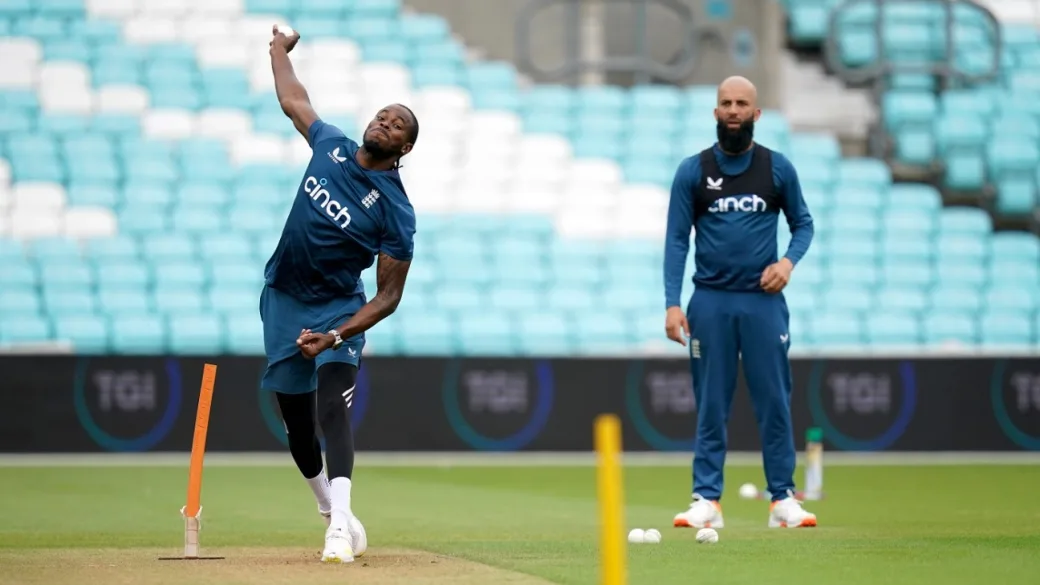
In a strategic move aimed at safeguarding England’s premier cricket talent from being lured away by franchise teams, the England and Wales Cricket Board (ECB) has introduced groundbreaking three-year contracts. This transformative initiative marks a departure from the previous norm of annual contracts and comes at a crucial juncture when the influence of IPL franchises has expanded beyond borders, enabling them to secure players year-round for their exclusive purposes.
The ECB has extended a total of 26 contracts, a significant increase from the 18 full and six incremental contracts issued just last October. Notably, approximately 20 of these contracts span multiple years, offering long-term security to a select group of top-tier players, including cricket stalwarts like Ben Stokes, Harry Brook, and Mark Wood, who have signed three-year deals.
Jonny Bairstow is reported to be among the majority offered two-year contracts, while single-year offers are available for those not participating in the franchise circuit, such as Jack Leach, and veterans like James Anderson, who recently celebrated his 41st birthday.
The importance of nurturing and protecting the country’s fast-bowling talents is particularly evident in this contract overhaul. Emerging pace sensations like Josh Tongue and Gus Atkinson, who made their international debuts this summer, are poised to ink multi-year agreements. Furthermore, Jofra Archer, 28, is potentially on the brink of securing a three-year deal, having garnered considerable interest from the Mumbai Indians, who seek his full-time commitment. Archer’s stint with MI Cape Town in the SA20 tournament earlier this year was a testament to his appeal, even though his IPL season with Mumbai was cut short due to injury.
The players now face the decision of whether to accept these contracts. While the basic compensation terms have been settled, those offered multi-year deals retain the option to request 12-month arrangements, offering them greater flexibility.
These contracts, set to take effect from October, represent a significant stride forward for the ECB after weeks of negotiations with the England team. While some initial wrinkles and disappointments among players who narrowly missed out are expected, the general consensus is that this development is a positive one, particularly for those securing longer-term contracts.
Ben Duckett, who is believed to have received a two-year contract, praised the move, highlighting the security it provides players and emphasizing that representing their country remains the foremost priority.
The financial feasibility of these contracts, both in terms of number and size, is made possible through an additional £3.4 million injected into the collective pool by the ECB.
The distribution among the 26 players is determined by a performance rating points system, considering factors like a player’s likelihood of featuring in Test and white-ball squads, as well as recognition of extraordinary performances in the preceding 12-month cycle. These ratings will be subject to annual review, with finer contractual details, such as injury insurance and other clauses, still in the process of refinement.
